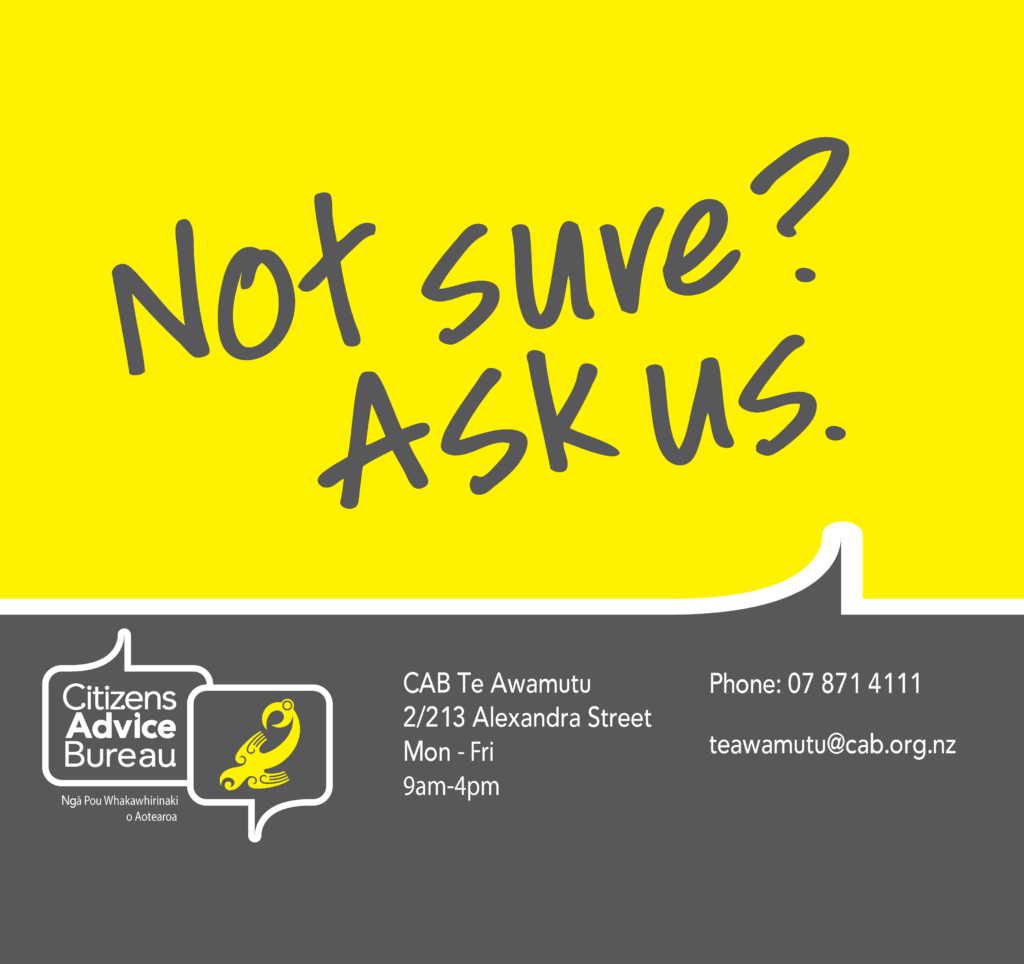
On the Beat with Constable Ryan Fleming
Continuing on from my column last week about family harm, I intend to break down some of the reasons behind why sometimes it’s difficult to leave a relationship and explain about toxic relationships.
Last week I referenced the Duluth Power and Control Wheel. This week I will begin to expand on some of the behaviours.
Using coercion and threats is a trait of toxic relationships. Often the abuser will threaten to make a report to Oranga Tamariki if the victim decides to leave. Or make comments such as “if you ring the police, they will make a report to Oranga Tamariki. You are such a bad mum you will lose custody”.
Let me dispel this myth here and now. The police do not make erroneous reports to Oranga Tamariki. If we have genuine concerns for a child’s welfare, we will obviously, however having a family harm episode in of itself will not trigger a report of concern to Oranga Tamariki.
Phrases and comments like this are evidence that the abuser is attempting to gain some power and control over the victim. It forces the other party to make a difficult decision and uses children as a weapon against the victim.
Sometimes this even extends to pets. I remember a lengthy case I dealt with where the abuser would threaten the victim’s dog. To this victim, her dog was her whole world. It was a protective factor in an otherwise pretty grim life. The dog was a barrier to her getting support from the various agencies as at the time there was no safe place that could take her and the dog. That case took several weeks of problem solving to work through. Thankfully now there is a solution. Pet Refuge houses up to 300 pets a year – they range from guinea pigs to horses and everything in between.
Another very common trait I hear regularly when speaking to victims of family harm is the abuser has threatened suicide to coerce the victim to stay. This is, sadly, a common tactic using emotional guilt to coerce a victim into staying in an abusive relationship. This manipulative behaviour is nothing more than emotional abuse and if this is something you are faced with, contact the police on 111. The Police will ensure that Mental Health Crisis Team get involved, ensuring the safety of the abuser. Police will also be able to offer support to assist in the Family
Harm aspect of the situation and it also demonstrates you have boundaries.
This is, I believe, important. By engaging with experts, you are not wearing the emotional abuse on your own. It immediately negates the manipulative behaviour, and it forces the abuser to face the behaviour.
Next week I am going to expand on Intimidation.
If you or someone you know is in an abusive or toxic relationship, seek help – you can use these resources: Waitomo-Waipa Women’s Refuge on 0800 733 843 and Kainga Aroha on 07 871 6506.
If it is an emergency, dial 111.









